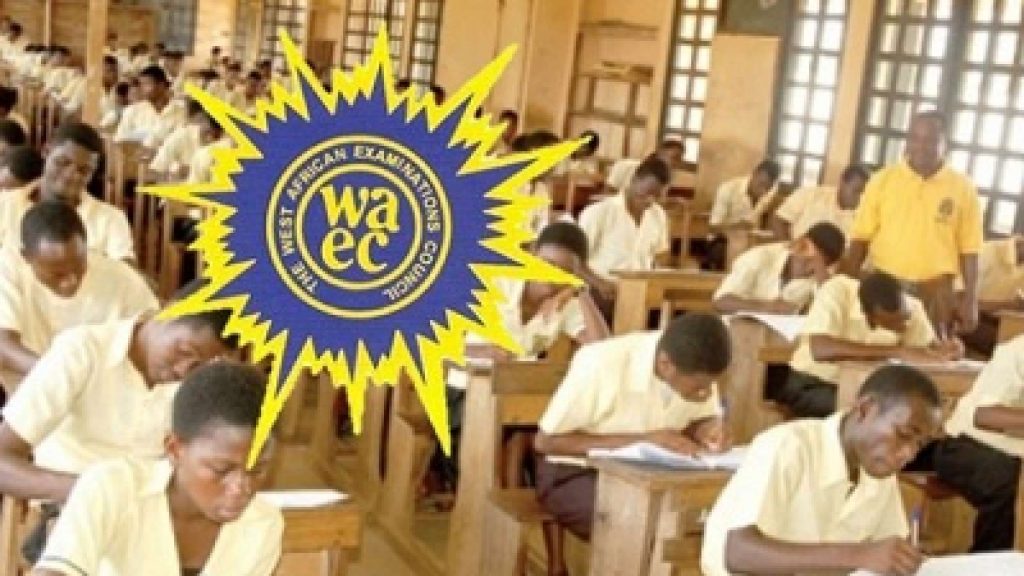A Nigerian lawmaker has threatened legal action against the West African Examinations Council (WAEC) if it fails to release withheld results for over 192,000 students accused of malpractice, calling the move a “pure act of sabotage.” Chinedu Ogah, a member of the House of Representatives representing Ikwo/Ezza South in Ebonyi State, issued a seven-day ultimatum to the region’s preeminent testing body, arguing that withholding results at this stage unfairly blocks students’ access to higher education.
The dispute follows WAEC’s announcement on Monday that it withheld results for 192,089 candidates—9.75% of all test-takers in Nigeria this year—citing alleged examination malpractices. Dr. Amos Dangut, WAEC’s Head of National Office, confirmed the figures during the release of annual results but did not specify the nature of the violations. Ogah condemned the decision as baseless, accusing the council of waiting until after exams to levy accusations despite deploying supervisors and invigilators to monitor test centers.
“Candidates wrote their WAEC and JAMB [university entrance] exams in good faith. Withholding results now undermines their future and pushes young people toward societal vices,” Ogah said. He emphasized that similar practices do not occur in neighboring countries like Ghana, where WAEC also operates, and called for immediate transparency.
The lawmaker argued that malpractice allegations should be addressed during examinations, not after results are processed. “If WAEC had evidence, they should have canceled the exams on the spot,” he stated, criticizing the council for delaying action until students began university admissions.
Over 1.8 million students registered for WAEC’s Senior Secondary School Certificate Examination in Nigeria this year, a critical milestone for university eligibility. The withheld results jeopardize admission prospects for nearly 10% of candidates, a point Ogah stressed as “frustrating and destructive to national development.”
WAEC has not publicly responded to the ultimatum. Legal experts note that while Nigerian courts have historically deferred to examination bodies on malpractice judgments, the scale of this case—and Ogah’s political influence—could challenge precedents.
The controversy highlights growing tensions over educational equity in West Africa, where high-stakes exams often dictate socioeconomic mobility. Critics argue systemic issues, including overcrowded classrooms and insufficient exam oversight, contribute to malpractice but penalizing students retroactively risks compounding inequities.
With Nigeria’s tertiary institutions preparing for new admissions, the clock is ticking for WAEC to justify its decision or reverse course. For now, nearly 200,000 students remain in limbo, their academic futures hinging on a resolution between policymakers and the region’s most influential testing authority.
